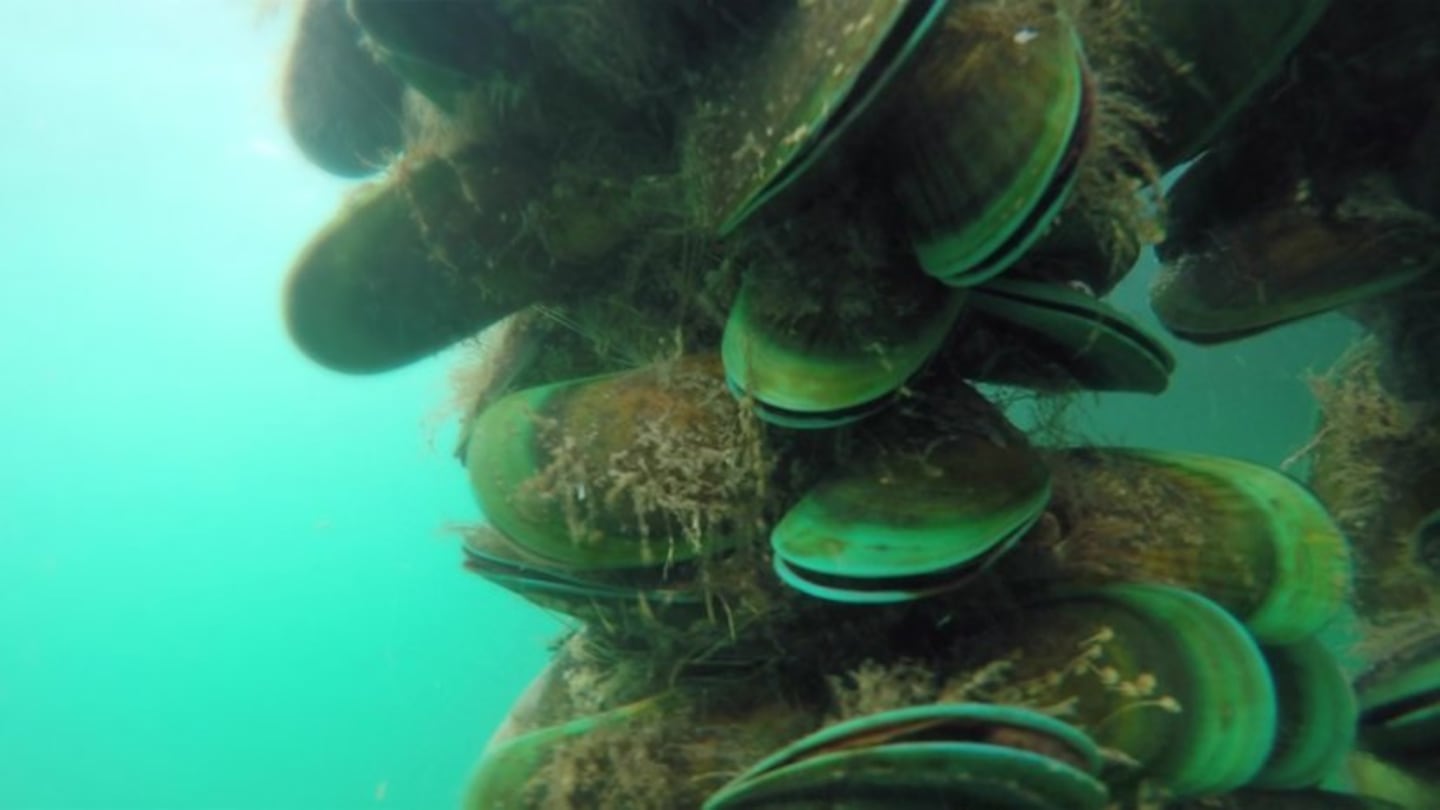It's been two years since Te Whakatōhea Trust Board opened its mussel processing plant with dreams of creating jobs and economic stability for its tribal members. But then Covid-19 struck, with interruptions to global supply chains.
Nevertheless, the business managed to survive those terrible tides.
Whakatōhea first decided to develop a mussel aquaculture farm off the coastline of Ōpōtiki 20 years ago. Whakatōhea Mussels (Ōpōtiki) director Te Kahautu Maxwell says the vision was that the farming operation would be the foundation of employment for their people, provide income for whanau, and support improved outcomes for the entire community.
“Ko te turanga mahi te kaupapa i tumanakotia ai e nga matua kia tu ai te kaupapa nei kia whiwhi mahi nga uri.”
“Our elders hoped that this would give jobs opportunities to our descendants and that it has," Maxwell says.
Te Whakatōhea back in business.
The mussel factory finally opened in 2021, offering 107 jobs in that year alone The factory a is top-of-the-line building, with a skywalk throughout the factory which allows whānau to view the processing of the plant.
Now Whakatohea is producing top-quality mussels, not just on the national market but internationally.
Even though Covid has had a big impact on a lot of businesses, the factory wasn't affected as much as other businesses in the community, he says.
Open Ocean Whakatōhea Mussel Ōpōtiki has now secured a $400 million per year overseas opportunity. The factory produces 45 to 50 tonnes a day of kūtai (mussels) for national and international distribution.



